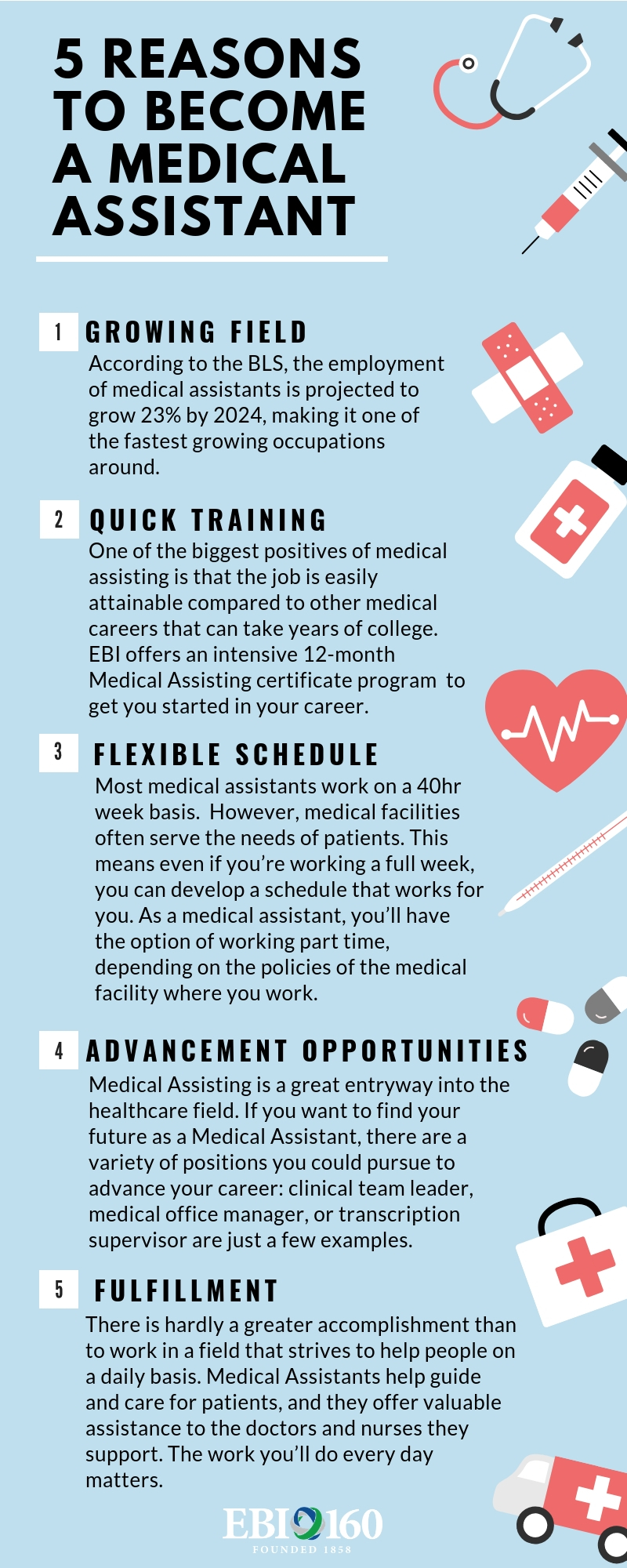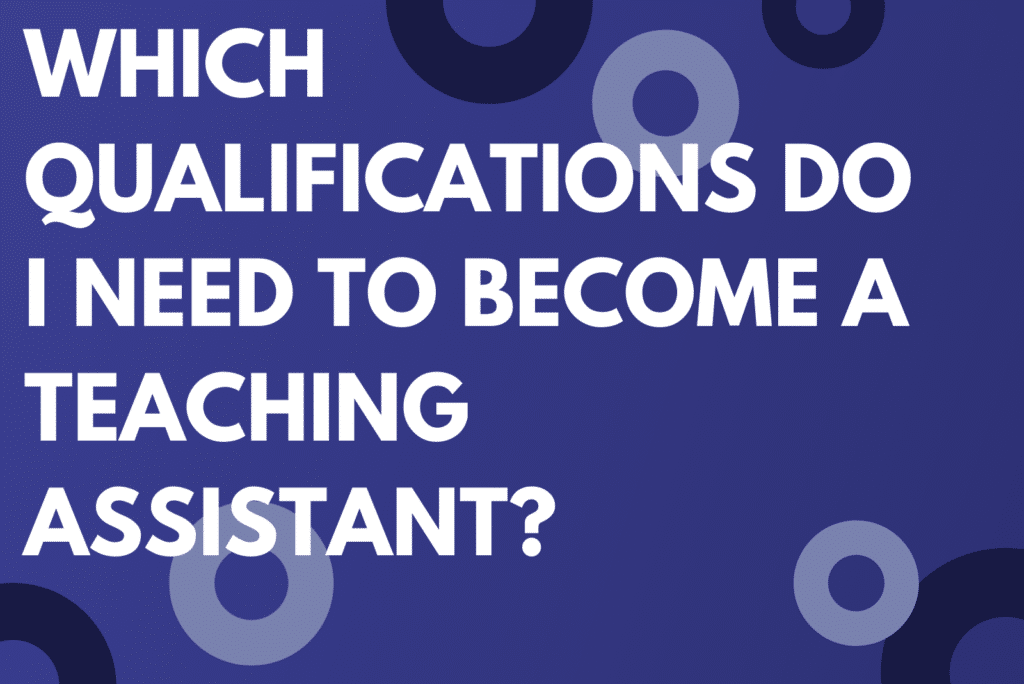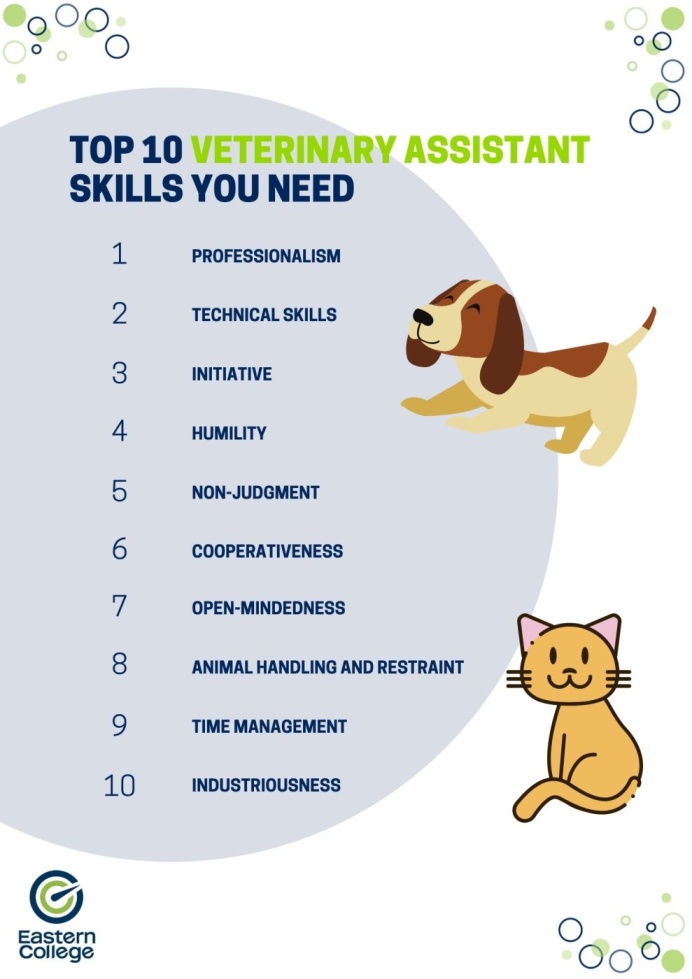What Qualifications Do You Need To Be A Personal Assistant

Imagine a world where calendars dance in perfect harmony, travel plans unfold seamlessly, and every detail, from the mundane to the magnificent, is handled with grace and precision. This is the realm of the personal assistant (PA), the unsung hero behind many successful individuals. But what does it take to join their ranks? What are the secret ingredients in the recipe for PA success?
The qualifications for becoming a personal assistant aren't always etched in stone with formal degrees. Instead, it's a unique blend of skills, experience, and personal qualities that sets a stellar PA apart. While a bachelor's degree can certainly open doors, especially in specialized fields, it's often a combination of adaptability, organizational prowess, and interpersonal finesse that truly shines.
Essential Skills and Qualities
At the heart of every exceptional PA lies exceptional organizational skills. This goes beyond simply keeping a tidy desk. It's about managing complex schedules, coordinating travel arrangements across multiple time zones, and anticipating potential roadblocks before they even appear.
"In the modern world, a PA is not just an assistant; they are an orchestrator of efficiency," states Sarah Jenkins, a career consultant specializing in administrative roles. Jenkins emphasizes that the ability to prioritize tasks effectively and maintain a laser-like focus, even under pressure, is paramount.
Communication is Key
Effective communication is the lifeblood of any successful PA. This includes both written and verbal proficiency, as well as the ability to listen attentively and understand unspoken needs. A PA often acts as a gatekeeper, filtering information and relaying messages accurately and promptly.
Furthermore, a PA needs to be a master of discretion and maintain impeccable professionalism in all interactions. Diplomacy and tact are essential, especially when dealing with sensitive information or challenging personalities.
Technical Proficiency
In today's digital age, a PA must be technologically savvy. Proficiency in Microsoft Office Suite (Word, Excel, PowerPoint, Outlook), calendar management software, and various communication platforms is a must. Familiarity with project management tools and social media platforms can also be a significant advantage.
Some roles may even require expertise in specific software relevant to the principal's industry. For example, a PA working for a creative professional might need to be comfortable with design software like Adobe Creative Suite.
Gaining Experience
While formal qualifications can be helpful, practical experience is often the most valuable asset. Many successful PAs start their careers in entry-level administrative roles, such as receptionists or administrative assistants. These positions provide a solid foundation in office management, customer service, and general administrative tasks.
Volunteer work or internships in relevant fields can also be a great way to gain experience and build a professional network. Consider volunteering at a non-profit organization or interning with a successful entrepreneur.
"Don't underestimate the power of networking," advises Mark Thompson, a renowned executive coach. "Attending industry events and connecting with other professionals can open doors to unexpected opportunities."
The Intangibles
Beyond the technical skills and experience, certain intangible qualities are crucial for success as a PA. Discretion, loyalty, and trustworthiness are non-negotiable. A PA is often privy to confidential information and must be able to maintain the highest level of confidentiality.
Furthermore, a proactive and resourceful attitude is essential. A successful PA anticipates needs before they arise and takes initiative to solve problems independently. Adaptability and resilience are also key, as the role of a PA can be unpredictable and demanding.
Finally, a genuine desire to help others and a strong work ethic are fundamental. A PA's primary responsibility is to support their principal and make their life easier. This requires dedication, commitment, and a willingness to go the extra mile.
The Future of the PA Role
The role of the personal assistant is constantly evolving. As technology advances and the demands on busy professionals increase, PAs are becoming even more integral to their success. They are no longer just administrative assistants; they are strategic partners, problem-solvers, and trusted confidantes.
"The future of the PA role is bright," predicts Jenkins. "As long as there are individuals who need support and organizations that value efficiency, there will always be a demand for skilled and dedicated personal assistants."
Becoming a personal assistant is not simply about ticking boxes on a job application. It's about cultivating a unique blend of skills, experience, and personal qualities. It's about embracing the challenge of supporting others and making a meaningful contribution to their success. It's a journey that rewards dedication, ingenuity, and a genuine passion for helping others navigate the complexities of modern life.

![What Qualifications Do You Need To Be A Personal Assistant Personal Assistant Job Description [Updated for 2025]](https://d341ezm4iqaae0.cloudfront.net/assets/2019/05/17191631/Personal_Assistant-02_lambdaoptimized.webp)
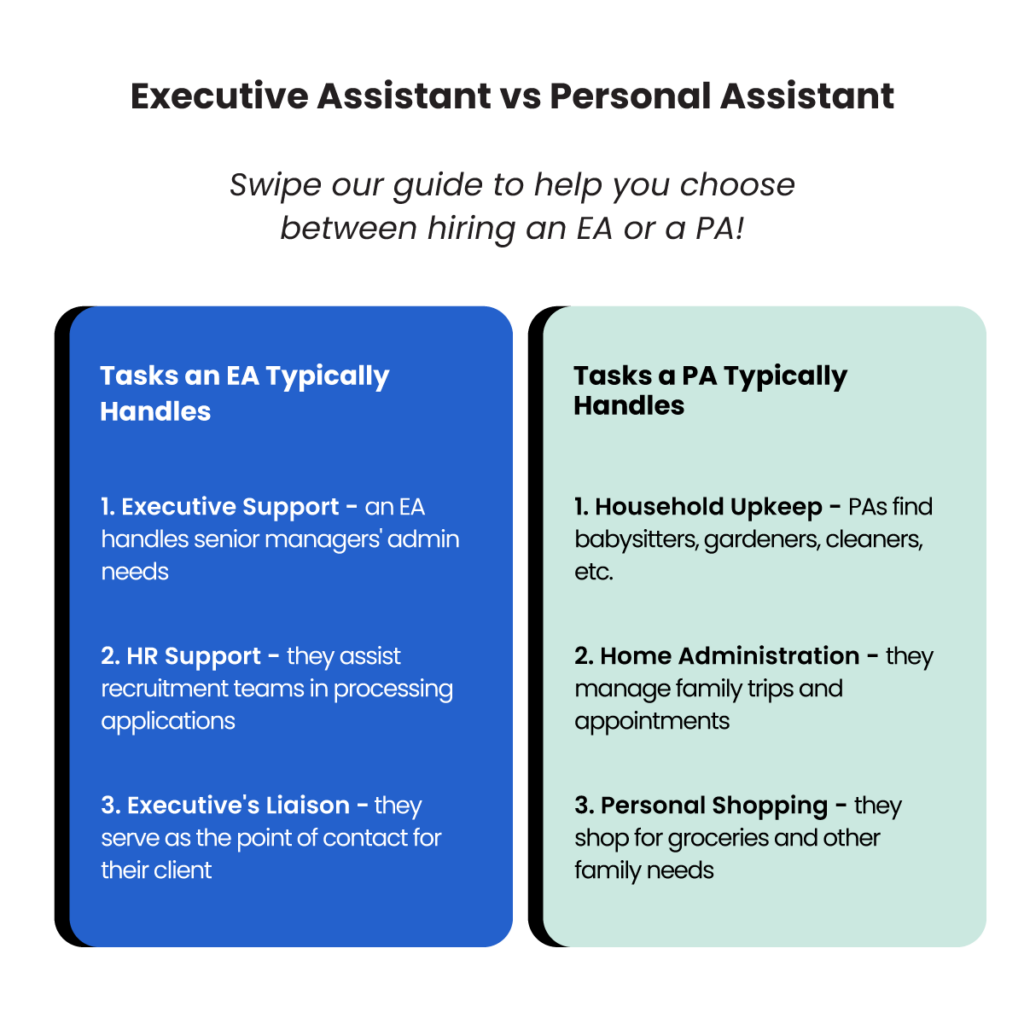
:max_bytes(150000):strip_icc()/how-to-get-a-job-as-an-administrative-assistant-2060792-final-a6c4b2c7c7b44d23afb1571ee6f7e84e.png)

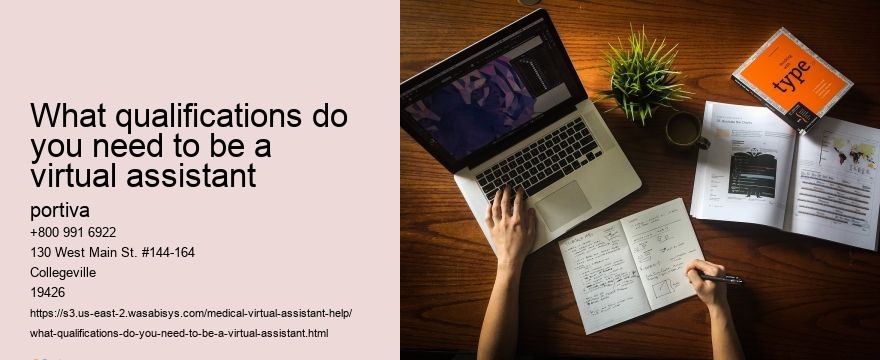


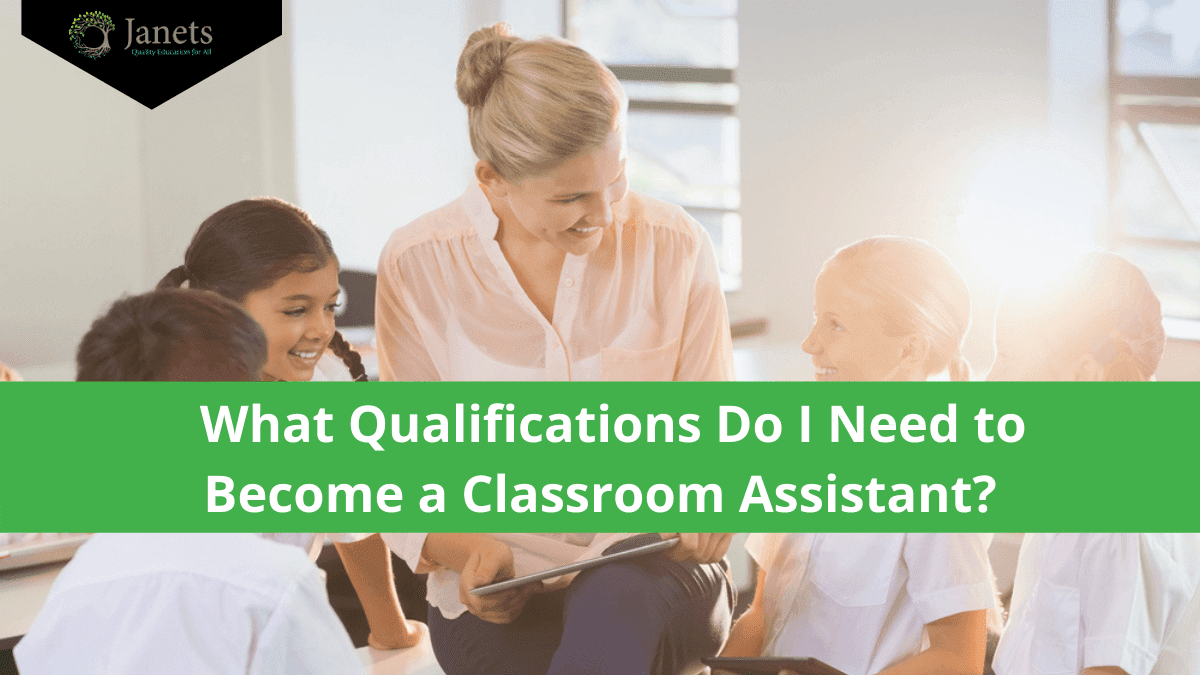

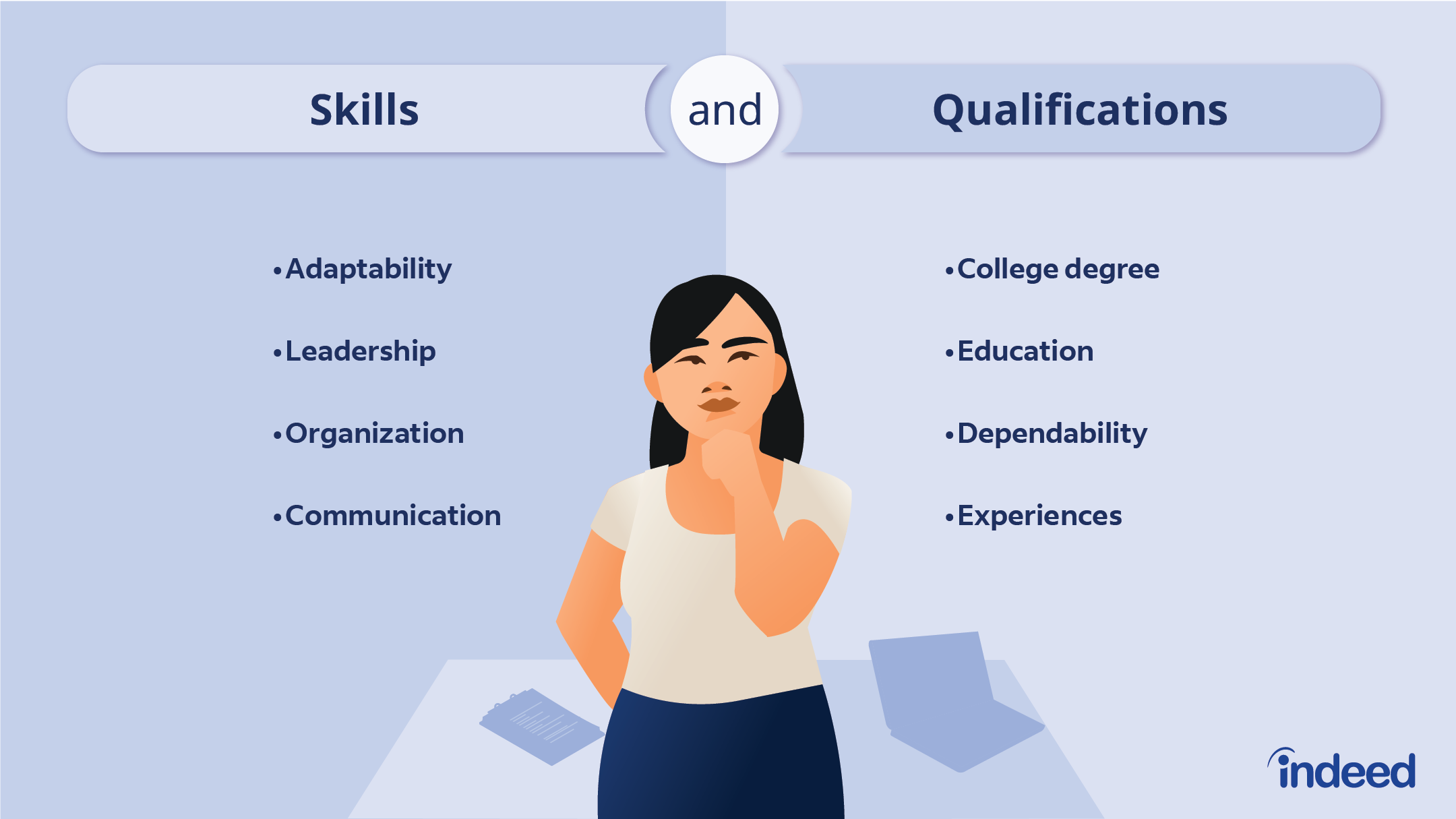
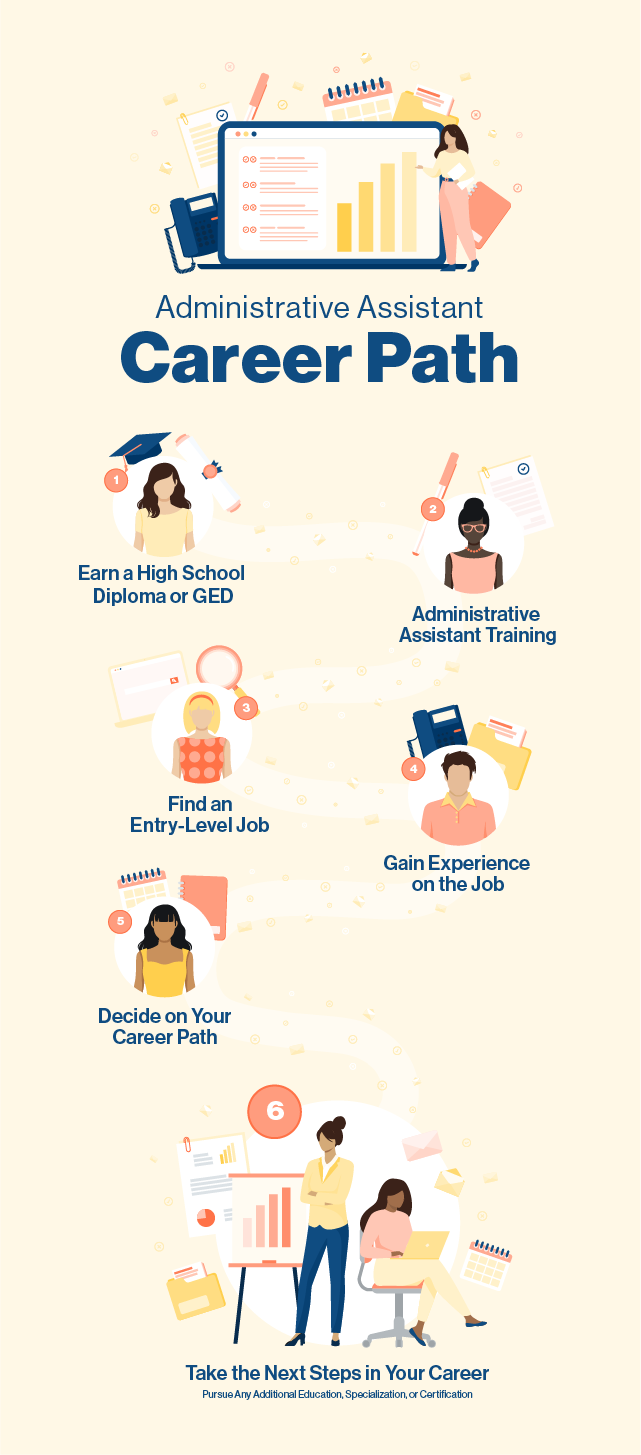
:max_bytes(150000):strip_icc()/office-assistant-skills-list-2062445-FINAL-edit-392cafd8116844a48ececbe9a6a847f3.jpg)

